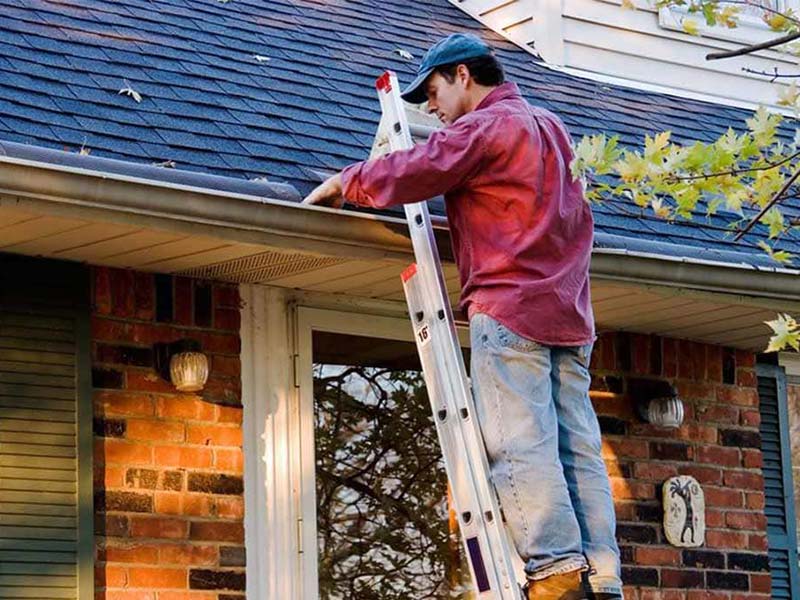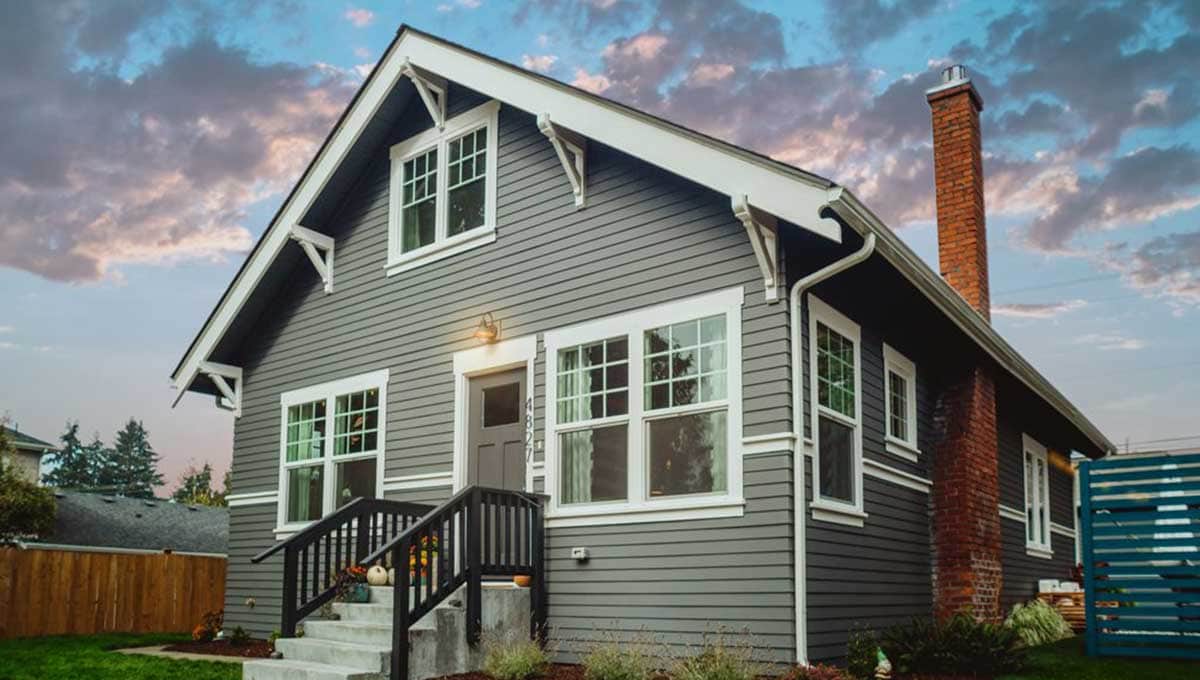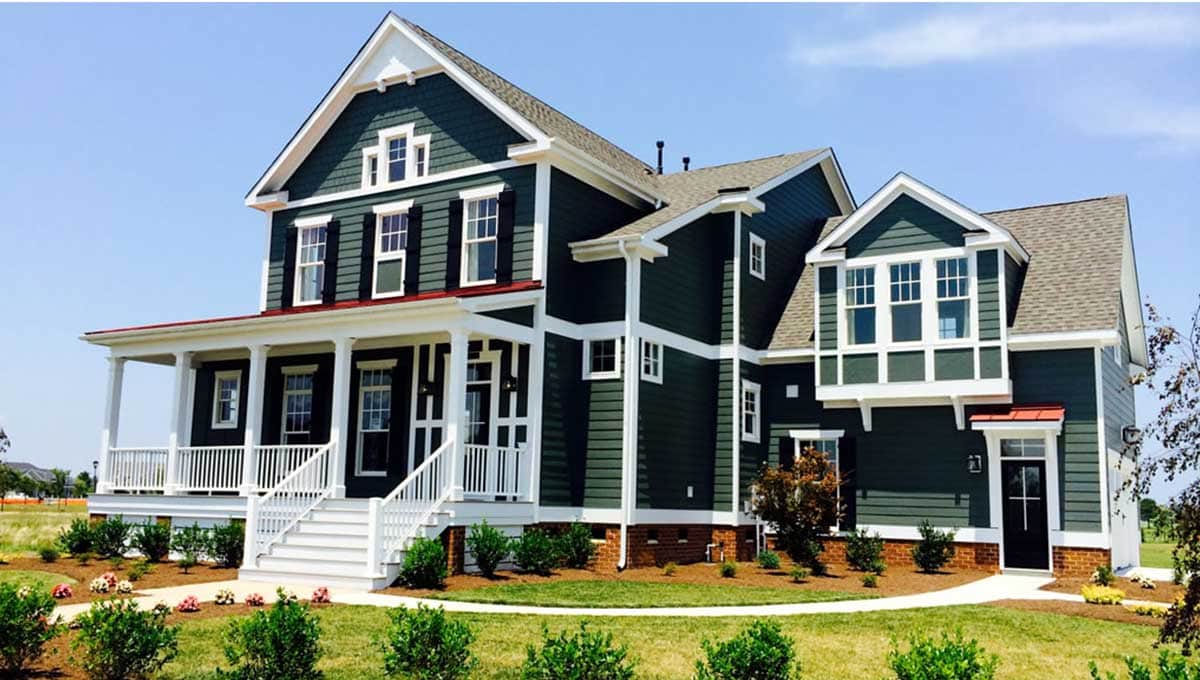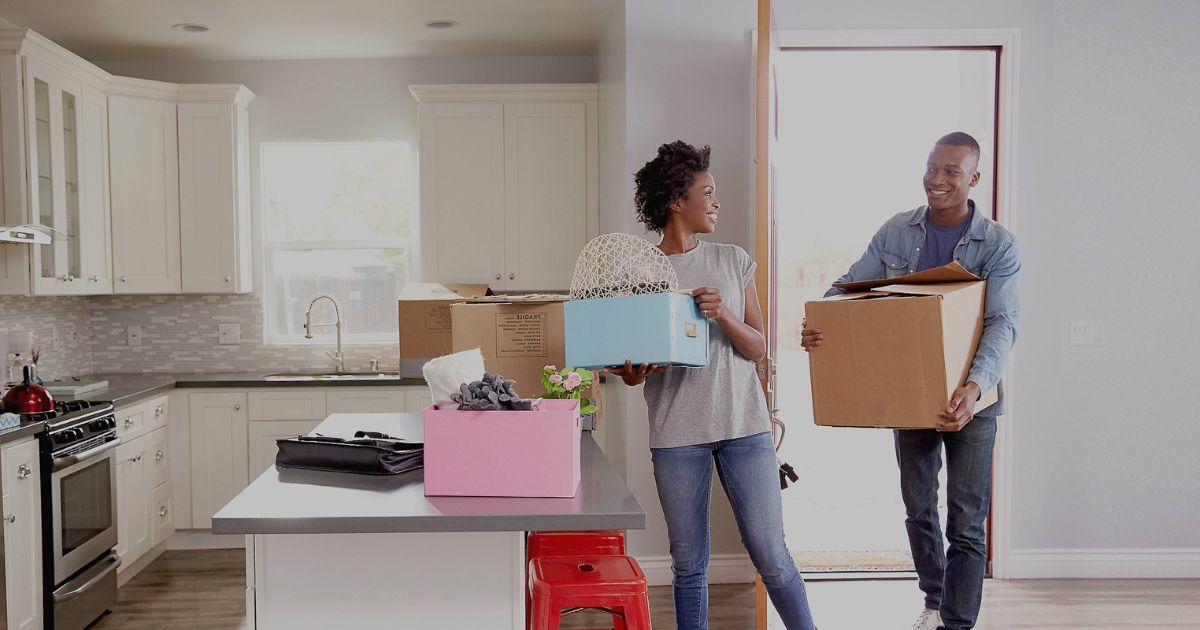40% of Canadian renters spend more than 30% of their household income on rent and utilities. This corroborates the well-known fact that affordable housing costs in big cities like Toronto, Vancouver, and Montreal are at an all-time high.
Expensive homes, lack of savings, and poor credit are the main reasons those who want to purchase property are unable to. Rent-to-own housing is one of the best options for this, as it leads to the end goal of owning the property you are currently renting.
A rent-to-own agreement is one where a portion of your monthly rent goes towards the down payment of your home, giving you the chance to purchase the property in the future if you wish. It is the ideal solution for those who wish to grow their down payment, and are certain that their current property is the one they would like to purchase.
Benefits of Rent to Own Homes
Lease-to-own agreements come in handy for those who cannot afford to buy into such an expensive market. Following are some of the advantages of rent to own housing:
- Test drive your future home: Buyers can live in and get a feel for a property before committing to it, while also making a dent in their down payment.
- Build equity: Although renters are unable to build up traditional equity, such as second home equity or equivalent, the payments accumulated often generate a substantial sum that can be put towards the down payment.
- Lock in a purchase price: One of the main benefits of the agreement is that buyers sign the agreement at today’s rate, even though the actual purchase will take place years ahead. Buyers can back out of the deal if home prices fall in the future, although financial penalties may apply depending on rental clauses.
- Viable for those with bad credit: The Rent-To-Own-Home scheme allows those with bad credit to build up their credit history over time. It is also beneficial for those with insufficient funds for a down payment. They can start making a dent in their down payment, and potentially get a loan after the lease period is up if their credit history has repaired itself enough.
Check out Insurdinary’s credit report checker if you’re unsure what your credit score is.
Disadvantages of Rent to Own Homes
Although this is a great contract for the right buyer, there are some risks associated with it as well. Some disadvantages of the rent to own contract are:
- Repairs and maintenance will be the responsibility of the buyer, as opposed to the landlord.
- The house is still in the landlord’s name. Thus, if your landlord does default on any mortgage payments, at worst, the house could get foreclosed.
- The nature of the contract makes it such that if you decide not to buy the house, the initial fee that you paid will not be recoverable.
- If the asking price is locked in and the housing market fluctuates leading to a drop, you may end up paying more than the market price.
When comparing advantages and disadvantages, rent to own certainly seems like a viable option for many tenants.
How Much Is the Deposit?
The deposit you put down will be counted as part of the down payment towards your future home. It will be deducted from the final purchase rate, and usually ranges between 2-4% of the previously agreed-upon purchase rate.
Remember: you don’t need to worry too much about your existing credit score for a rent-to-own agreement!
In early 2020, the Landlord Credit Bureau made it an option for renters to use their monthly rent payments to build up their credit scores. Tenant’s rent payments are tracked on a portal and sent to Equifax, allowing you to build up your score in the term period of your agreement. You can then use your improved credit score for a loan if you need one.
What Are the Rent to Own Laws in Ontario?
Rent-to-own Ontario laws hold that two primary agreements must be entered upon by the buyer and the landlord. These are:
- Rent to own/ option to purchase agreement.
- Lease agreement: This specifies the fixed term that the lease stands for. The lease term typically lasts from 3-5 years.
Both contracts need to be signed before the potential buyer moves into the property. Some other details the agreement will include are:
- Rent amount and due dates
- Contract expiration date
- Who will pay the utilities?
- Final purchase price of the property
- The amount of down payment required and the percentage of the rent that goes towards the down payment
Once the lease term is up, the buyer has the option to purchase the property. If the buyer does decide to go ahead with the purchase, in Ontario they are legally obligated to sign the option to purchase agreement. This provides the buyer with the legal standing to purchase the property from the landlord, who is obligated to sell it to you by law.
What Is A Rent to Own Agreement?
Let's look at the practical factors of this agreement, such as how payments are calculated and what responsibility the landlord holds versus the renter.
How Are Rent Payments Calculated?
Taking a hypothetical example of a rent-to-own contract in Edmonton. Assuming the purchase price of the house is $450,000 – with $1,200 in rent and $600 towards your down payment.
What is important to note here is that your deposit doesn’t go straight to your landlord but rather is placed into a high savings interest account.
What is important to note here is that your deposit doesn’t go straight to your landlord but rather is placed into a high savings interest account.
Division of Responsibilities
Unlike regular rental agreements, the upkeep, repairs, and maintenance of the property do not fall to the landlord. In a rent-to-own contract, it is the tenant’s responsibility to manage the property appropriately. In addition, the tenant is responsible for paying the rent on time and following any rules within the lease, such as not moving out before the lease term is complete.
In return, the landlord is responsible for providing the utilities. Some agreements will place larger issues such as HVAC units or water heaters under the responsibility of the landlord as well.
What Is a Rent To Buy Scheme?
There is no obligation to buy the home after the period is over. People choose not to go ahead with the purchase for any number of reasons, such as losing a job, increased housing rates, or that the hidden costs of owning a home were simply too high.
What If I Change My Mind?
When the lease term is up, buyers will have the option to purchase the home. However, in case you don't qualify for a mortgage, you may forfeit some or all of the initial deposit made on the home. This will depend on the agreed-upon terms you signed with the landlord, but you may be able to get some money back.
Any work you’ve had done to the property to upgrade it or keep it repaired will also be lost. Your landlord may let you become a regular tenant, but if not, you will probably need to find a new house to live in.
What If the Landlord Changes His Mind?
It is possible that you could lose the property if your landlord fails to make their mortgage payments and the house ends up getting foreclosed. It is also possible for them to end up with liens on the property if they stop paying property taxes.
Legally, however, the landlord is not allowed to sell the house while you have an option on the property. If they do try to sell the property to a third party, this would be considered illegal, and you may have the option of taking them to court.
Do I Need Tenant Insurance for a Rent to Own Property?
Tenant insurance is not mandatory in Ontario. Despite this, many homeowners will take out landlord insurance or ask the tenant to procure tenant insurance as a condition within the rent-to-own agreement. While the landlord does not have the right to demand tenant insurance, it is sensible to set up if you’re getting into a rent-to-own agreement.
This is because your landlord's insurance will not protect you if someone is injured on your property. In addition, as per the agreement, as a buyer, you will be responsible for the maintenance of the property. As tenant insurance claims often cover home repairs, burglary, and damage from extreme weather, it is ideal to be set up with renter’s insurance for maximum protection.
Learn More
At Insurdinary, we have many financial planning resources available. Contact us today We are Canada's top financial comparison platform and will find the best possible insurance rates for you and your family






